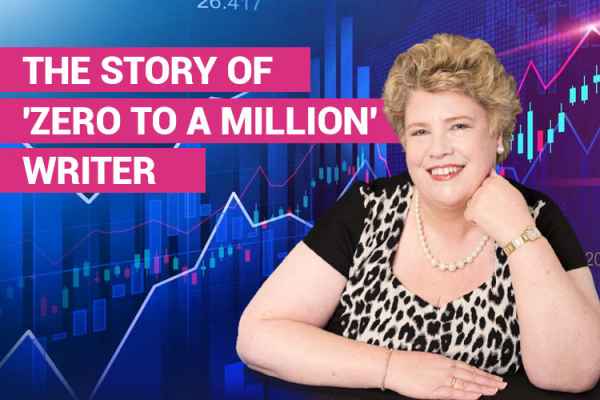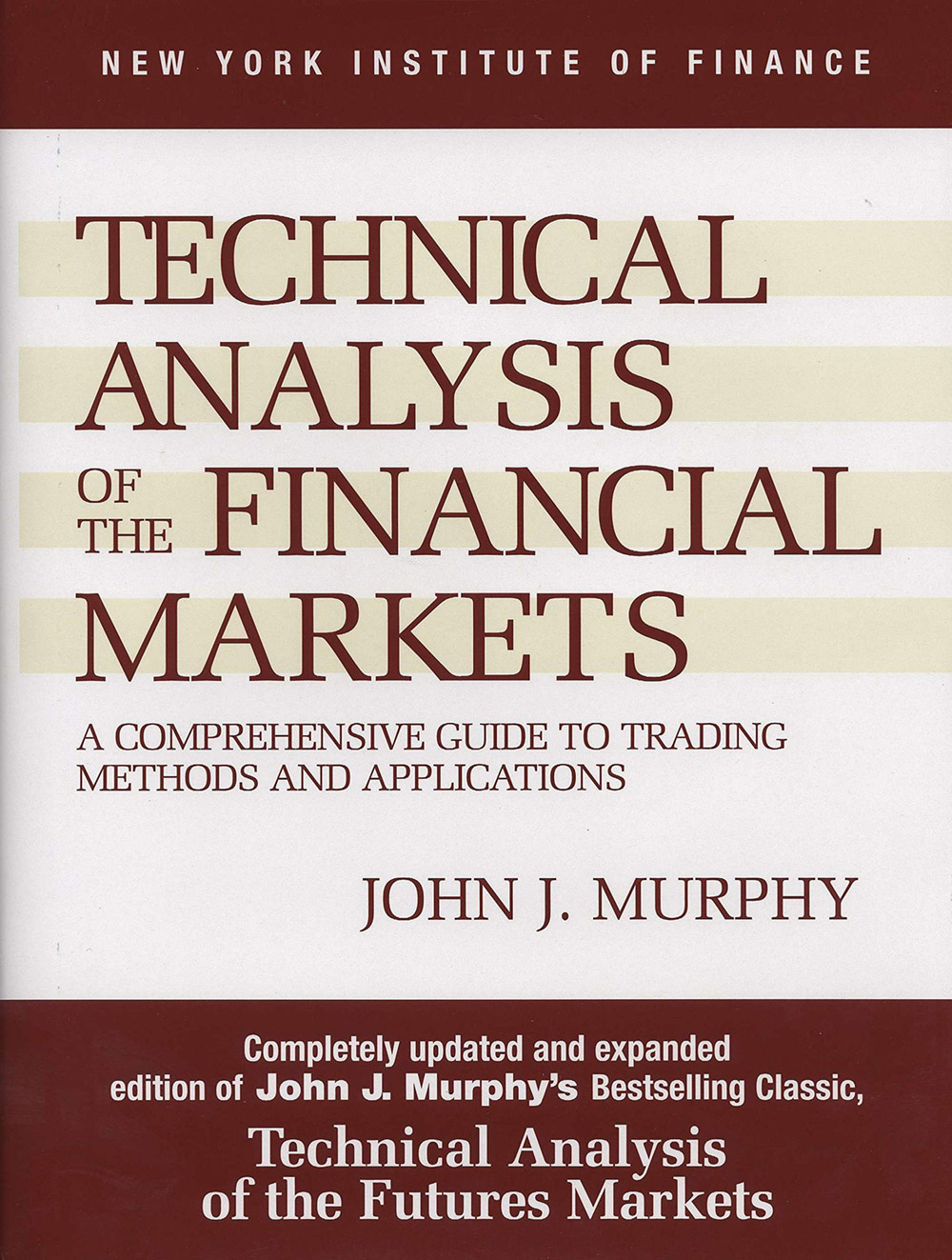The success of world-class investors departs from the disciplined application of trading teachings. What are they?
World-class investors certainly don't become successful overnight. Have you ever considered how their efforts made it what it is today? These investors have gone through a long and winding process.
It's impossible to think they can be this successful without tasting the bitterness of failure. Their losses might even reach millions of Dollars. However, they managed to get up and improve their games until they succeeded.
From six world-renowned investors: Warren Buffet, Carlos Slim, Dennis Gartman, Bill Gross, Prince Alwaleed Bin Talal, and Carl Icahn, learn the following trading teachings they created for better trading results.

1. Prioritize Quality Above All
"It's far better to buy a wonderful company at a fair price, than a fair company at a wonderful price." -Warren Buffet
The world knows Warren Buffet as the most successful investor in history. He is one of the richest people in the world and has a sharp intuition for reading global financial conditions. Some believe that if Buffet had made a statement, the market would move according to his words.
Warren Buffet's influence in the financial world, especially stocks, is no joke. You can get two valuable trading tips from him. First, to evaluate a company, look at its quality to the core. This can be done by observing the company's balance sheet, reading the latest news from credible sources (to find out their reputation), and understanding the ins and outs of company management. Secondly, it's time to evaluate the price after you know the company's quality.
According to Buffett's trading teachings, if the quality of a company is high, then by logic, its stock price can't be low. On the contrary, if the company has much lower quality, don't rush to buy it despite the low price.
Kenny G, a well-known investor and jazz musician, successfully carried out this trading teaching. He invested in Starbucks when the growth was not as fast as now. He also managed to get extraordinary profits.
2. Invest For the Future
"I am convinced that all this poverty in Mexico and in Latin America, like it's happening in China is the opportunity to grow. It's an opportunity for investment; it's an economic activity and to take out poverty is the best investment any person or a person can do in any place." -Carlos Slim
Carlos Slim was often duped as the Warren Buffet of Mexico. He has a total wealth of 65 billion dollars. His success story began when the economic crisis occurred in Mexico in 1982. At that time, Slim, 42 years old, bought shares of Mexican companies trying to recover from the crisis. Then, he sells it again at a higher price in the future.
Then, when the Mexican government sold a telecommunications company called Telmex in 1990, Slim saw a great opportunity, so he immediately bought it. Soon, the company grew rapidly and made a profit of 66% for 15 years in a row. No wonder he is now one of the richest people in the world.
As a world-renowned investor, Slim has very good trading advice. He is not fixated on what is happening now but sees opportunities that could happen in the future. Therefore, he invests in companies that he thinks have the potential to rise. He has also carefully considered the condition of the company before investing.
So, if at this time you are still afraid to switch to long-term investment, always remember Carlos Slim's trading advice. Look at the company's track record of growth. That alone is enough to convince you whether the company is stable.
3. Patience Works When You Profit, Not When You Lose
"Be patient with winning trades; be enormously impatient with losing trades. Remember it is quite possible to make large sums trading/investing if we are "right" only 30% of the time, as long as our losses are small and our profits are large." -Dennis Gartman.
These trading teachings are very suitable for today's young traders. They tend to sell profitable assets hastily but not immediately close the losing trades. It is often proven a mistake.
Dennis Gartman, a stock investor, editor, and publisher of The Gartman Letter, has two valuable trading teachings. First, do not rush to sell profitable transactions. Let the floating profit reach its maximum point first. Second, don't let the loss position drag on.
Gartman means this by saying, "be patient with profits and don't be patient with losses". Following Gartman's trading teachings, you can minimize losses while maximizing profit potential. Don't forget to apply money management to anticipate a reversal if you plan to hold a position for too long.
4. Diversification is Good, But Not Always
"Do you really like a particular stock? Put 10% or so of your portfolio on it; make the idea count. Good ideas should not be diversified away into meaningless oblivion." - Bill Gross.
The founder of the world's largest investment company Pacific Investment Management Co, Bill Gross, is an investor with valuable trading teachings regarding diversification. Diversification is when investors do not put all their investment capital into just one asset but spread it across several different securities. Hence the name diversified.
While the theory itself is a good thing, diversification also has the potential to reduce the profits you get. For example, you know the asset in front of you is a winning asset, but you only use 10% of your Balance to invest in it. If you put in more, then your profit is also bigger.
Therefore, Gross provides trading advice regarding this diversification. Get to know the opportunities that exist based on in-depth research. Also, prepare some special funds that can be used anytime when there are big opportunities for certain assets. When that moment comes, don't hesitate to mobilize more funds.
5. Long-Term Portfolio
"We're getting hurt, but I'm a long-term investor." -Prince Alwaleed Bin Talal
Prince Alwaleed is a well-known Saudi investor and founder of Kingdom Holding Company, an investment firm for financial services, tourism, hospitality, and retail. Of course, he also has a valuable trading lesson for all investors.
Before becoming a world-renowned investor, he had to experience the bitterness of the investment world due to the Great Recession of the 2000s. This event was the most significant economic downturn since the Great Depression of the 1930s. After the Great Recession, Prince Alwaleed had to be willing to lose large amounts of money when investing in real estate companies in India. He also had to swallow the bitter pill when the price of his 14.9% stake in Citigroup fell sharply.
However, he chose to hold his investment for a long time. He waited for the right moment before taking it out. Patience is also sweet fruit. Prince Alwaleed has become a world-famous investor with a total wealth of 15.2 billion dollars.
6. Always Filter Your Information
"You learn in this business: If you want a friend, get a dog." -Carl Icahn
A world-famous businessman and investor from America once gave invaluable trading advice. Carl Icahn founded Icahn Enterprises, a New York-based holding company. With $17 billion in 2019, Icahn owns several well-known stocks, such as Time Warner, Yahoo, Clorox, and Blockbuster Video.
Although a little sarcastic, there is deep meaning in Carl Icahn's trading teachings above. So far, maybe you are too dependent on the information of other people who claim to be "friends". The investment world is very unforgiving. So, never rely on others; always use your analysis and trusted sources for decision-making.
Using recommendations from other parties is fine, but place these suggestions as a minor consideration. This valuable trading lesson from Icahn has proven effective for him even though he is known to have many "enemies".
From the six trading lessons above, you can see that investing and trading are not easy. You are required to continue learning and evolving, standing on your own feet, and committing to the rules that have been made.
There are a lot of Forex success stories around the world, but the most interesting one comes from Joe DiNapoli. Surely, there are plenty of lessons to learn from him.

 Dedicated FREE FOREX VPS
Dedicated FREE FOREX VPS Free FOREX Virtual Private Server
Free FOREX Virtual Private Server MT4 Demo Contest, Get $500
MT4 Demo Contest, Get $500 Sign Up for an Account, Claim 60% Deposit Bonus
Sign Up for an Account, Claim 60% Deposit Bonus Free MT4/MT5 VPS 2024
Free MT4/MT5 VPS 2024 Send E-mail and Get Free Merchandise
Send E-mail and Get Free Merchandise $1K Refer a Friend Bonus for Pepperstone Pro clients
$1K Refer a Friend Bonus for Pepperstone Pro clients Maximize Your Earnings with 100% Deposit bonus
Maximize Your Earnings with 100% Deposit bonus Trade to Win, $5,000 Monthly Demo Contest
Trade to Win, $5,000 Monthly Demo Contest Claim 30% + 15% Deposit Bonus from LiteFinance
Claim 30% + 15% Deposit Bonus from LiteFinance


























